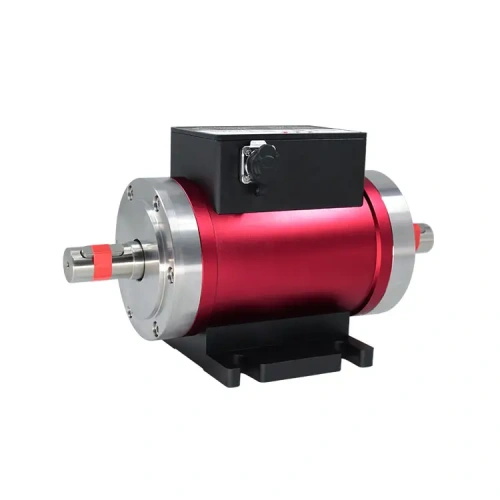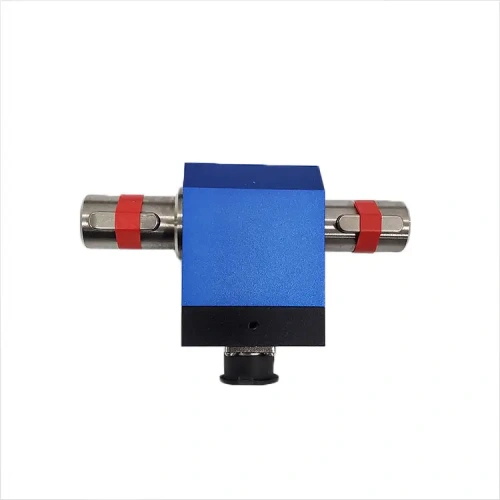In the world of engineering and mechanics, accurate measurements are the foundation of successful designs and optimal performance. Torque, the rotational force applied to an object, is a critical parameter in various applications. Torque Sensors, sophisticated devices designed to measure and quantify this force, play an indispensable role in industries ranging from automotive to robotics. In this article, we delve into the realm of torque sensors, exploring their significance, working principles, and diverse applications.

Torque sensors are used in engine testing, transmission development, and even in the optimization of fuel efficiency and emissions control.In industrial settings, torque measurements ensure consistent and accurate assembly of products, preventing over-tightening or under-tightening of fasteners.Torque sensors are vital in aircraft maintenance and assembly, ensuring safe and precise fastening of critical components.Robots require torque sensors to execute tasks with appropriate force, ensuring they don't exert excessive pressure or insufficient force. Torque sensors operate on diverse principles, including strain gauge, magnetoelastic, and optical technologies. Strain Gauges are bonded to a structure experiencing torque. As torque is applied, the strain gauges deform, altering their resistance. This change is converted into an electrical signal, providing a measurement of the applied torque.Optical and magnetoelastic torque sensors use light or magnetic fields to measure torque without physical contact. These methods are especially useful in environments where contamination or mechanical wear is a concern. Applications Across Industries: Automotive Testing: Torque sensors are integral in engine development, assessing power output, and optimizing fuel efficiency. They're also used in testing and fine-tuning vehicle transmissions.

Industrial Automation: In manufacturing, torque sensors ensure consistent quality by monitoring the torque applied during assembly, preventing defects due to improper tightening. Medical Devices: Torque sensors are used in medical equipment assembly to ensure precise and safe fastening of components. Energy Generation: Wind turbines and hydroelectric plants rely on torque sensors to monitor mechanical stress on rotating parts, ensuring safe and efficient operation. Research and Development: In the field of materials science, torque sensors help understand material properties under different forces, contributing to the development of advanced materials. Torque sensors are the unsung heroes of precision engineering, providing insights into forces that drive countless industries forward. From ensuring the reliability of vehicles to safeguarding the efficiency of industrial processes, torque sensors play a vital role in optimizing performance, enhancing safety, and contributing to the advancement of technology across various domains.Our company also produces Load Cell and Pressure Transducers, if you have any needs, please contact us.




